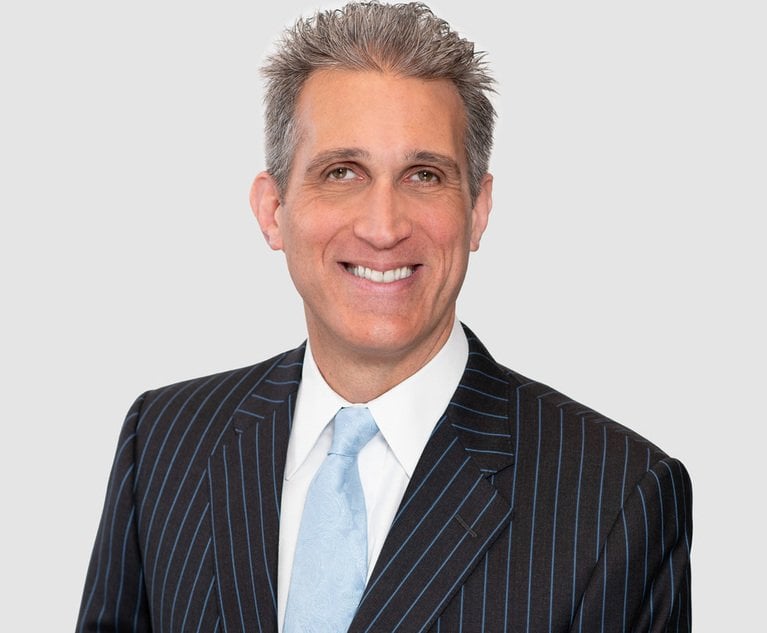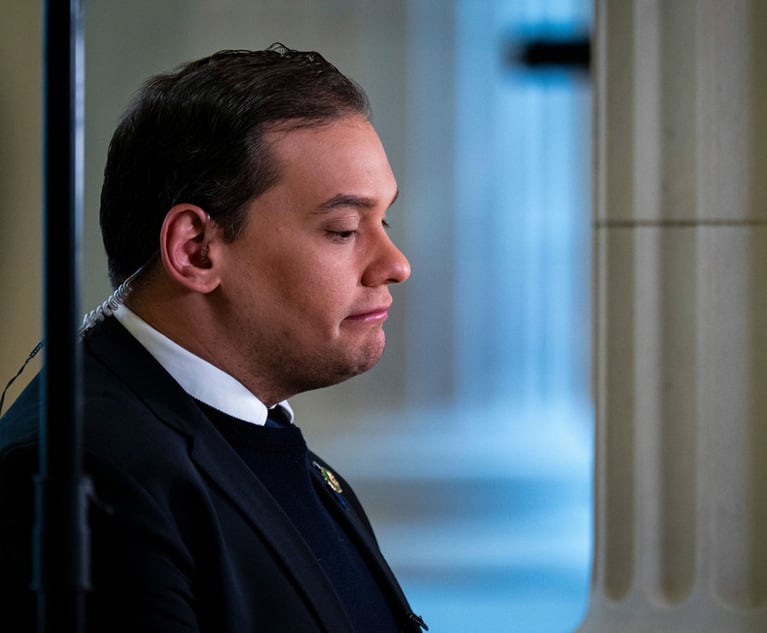After years of litigating and negotiating, the parties and their counsel seek approval from the court of a class action settlement. All parties are eager for final approval but objections start flowing in. But final approval and ultimate disbursement of much-needed relief to class members is delayed for months, if not years, as the objectors appeal. This scene has played out time and time again, particularly in the case of large, well-publicized class action settlements.
Federal Rule of Civil Procedure 23(e) guarantees each class member who does not opt out the right to object to a class action settlement. Fed. R. Civ. P. 23(e)(4), (5). Objectors can sometimes play a role in helping the court or the parties evaluate a settlement. Indeed, one court noted that objectors can add value to the class action settlement process by: “(1) transforming the fairness hearing into a truly adversarial proceeding; (2) supplying the Court with both precedent and argument to gauge the reasonableness of the settlement and lead counsel’s fee request; and (3) preventing collusion between lead plaintiff and defendants.” In re Cardinal Health, Inc. Sec. Litig., 550 F. Supp. 3d 751, 753 (S.D. Ohio 2008). Objections may also address uniquely-situated class members with independent, unusual circumstances that may affect the adequacy of their recovery under the proposed settlement.


 Adam J. Levitt founding partner of DiCello Levitt. Courtesy photo
Adam J. Levitt founding partner of DiCello Levitt. Courtesy photo





